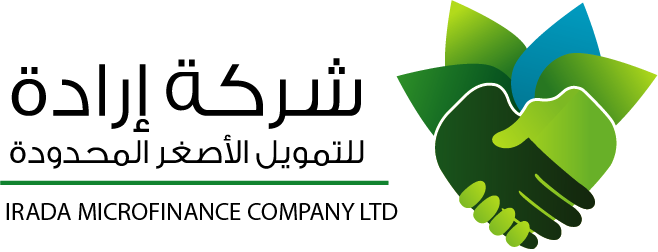Frequently Asked Questions
An application for financing signed by the beneficiary stating the purpose and the amount required for financing.
A copy of a valid ID (national card/passport/driver’s license/military card).
A copy of the national number.
Recent residence certificate.
A copy of the lease / ownership contract / activity practice certificate.
A copy of the industrial/commercial/agricultural license (if any).
A simplified feasibility study for individual projects and detailed for the collective.
An initial invoice in the name of Eradah Microfinance Company.
Any other liabilities required by the Central Bank or the company according to the nature of the financed projects.
One (1) photograph.
According to the financing ceiling determined by the Central Bank from one period to another.
According to the specificity of each product and its cash flow (as a general indicator 3% per month)
The project site is visited and then a report on the activity is submitted and included with the documents.
The client is not notified to bring the security check until after visiting the project site, because the project may be rejected if all the requirements are not met.
The period depends on the client, meaning that if all the documents are complete, the visit will take place directly, and then the guarantee check is provided with the specifications required for acceptance, after which the implementation will take place directly – so that the period does not exceed 15 working days.
The monthly payment is made according to the type of activity, for example, every 3 months for fattening, a premium is paid, which means 4 cycles per year. With regard to agriculture, the duration of the crop is between 4 to 6 months, and there are projects whose installments are paid monthly without a grace period.
There are some projects that need a permit, such as agricultural projects – the permit is linked to the project’s cash flows.
* Security Cheque .
* Salary.
* Pension.
* Mortgage.
* Savings for crowdfunding.
No, because it is suspended by order of the Central Bank of Sudan, but vehicle maintenance can be financed in general, in addition to financing the maintenance of the property.
Students are not funded until after graduation.
There are two cases:
_ That there is a partner with the applicant and the relationship of the first degree (wife, son, daughter, father or mother).
_ The applicant must pay the price difference as an advance.
Yes, associations, groups, unions, unions and all legal persons can be financed.
Yes, provided that he submits an approval letter from the bank in which he works.
Capital financing is subject to the nature of the project and its cash flows (repayment) – operational financing is financed.
Between 18 and 70 years old.
It is not possible. In the event that the customer liquidated his financing, and through the Bank of Sudan’s query, it became clear that he was committed to his monthly payment, there is nothing to prevent his financing through the company.
There are no expenses to be paid by the company.
Yes, any submitted project must be insured, and the applicant must bear the insurance costs.
Yes, provided that he is committed to paying his installments for the previous financing.
Yes, through associations in villages or neighborhoods, as they are the ones who apply for funding.
The procedure is carried out with the same previous documents, with the addition of new documents for the project or housing in case it is changed, in addition to bringing a new invoice with the new needs and renewing the guarantor’s pledge if it is the same as the previous guarantor.
1.Foreign exchange transactions and trade.
2.Speculation in the stock market.
3.Financing international companies, companies and business names registered inside and outside Sudan.
4.Dealing in land for speculative purposes.
5.Dealing in gold for any purpose.
6.Paying off existing or non-performing financing operations.
7.Buying and selling real estate.
8.Buying and selling transportation.
9.Trade in the field of telecommunications credit and its uses.
Yes, unearned profits are exempted upon early payment.
Funding is granted through the Islamic system (in kind) only, and cash financing is not provided.
Yes, the company deals in accordance with the Islamic financing formulas approved by the Sharia Supervisory Board.
According to the policy of the Central Bank of Sudan, it is prohibited to finance the following:
Trading in foreign currencies
Buying stocks and shares
Paying off existing or non-performing financing operations
Trafficking in telecommunications credit and its uses
Buying land and real estate
buy cars
Buying gold and its waste
Import, except for agricultural production inputs (both plant and animal), and industrial, strategic goods, machinery, machinery and equipment of craftsmen and professionals in accordance with regulated controls.
The current financing ceiling according to the policy of the Central Bank:
1,500,000 per capita in the sectors (agricultural, industrial and crafts)
750,000 per capita in sectors (service + commercial)

